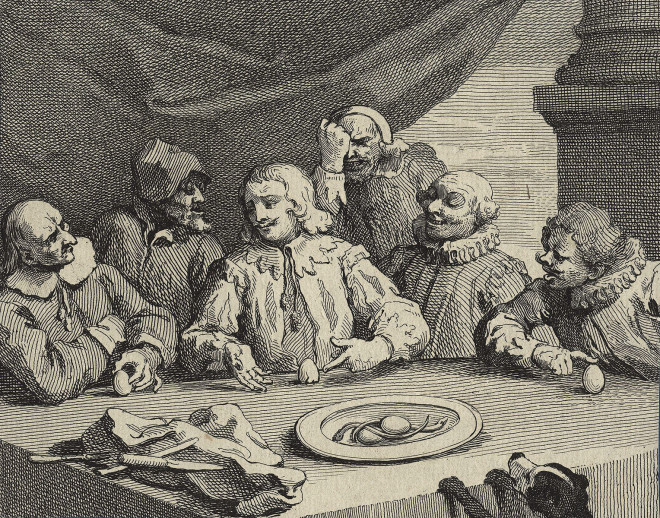There are several reasons why it’s hard for people to hear new information and be open to a new idea or way of thinking.
In the book Creativity Inc, Ed Catmull explains how the brain fills in what it expects to see. They had made their first computer animation at Lucas Film, and even though they had not finished it, (some of it was still roughly animated in black and white) viewers did not notice. The story was engaging and they did not even notice that the quality of the work was incomplete:
The Adventures of André and Wally B., became the first computerized character animation shown at Siggraph’s annual computer graphics conference; the audience was so captivated that people barely noticed that some of the animation was unfinished.
As Catmull explained in his engaging autobiographical management book, Creativity, Inc.,… it was his first encounter with a phenomenon he would observe throughout his career, a lesson Lasseter had already learned at CalArts: “Visual polish frequently doesn’t matter if you are getting the story right.” (wired)
Our minds fill in the blanks — science explains that our eyes only need to see a little bit of something we are familiar with and our brain fills in with the complete picture.
Researchers from the University of Glasgow have shown that when parts of our vision are blocked, the brain steps in to fill in the blanks.
When we are reading something, even the scriptures, we will therefore have a tendency to fill in with what we already believe, and close off any hopes of new light.
I have a friend who is Jewish. She once told me that she believes Joseph Smith and his visions. And in fact she could be a Mormon with just that — But she just can’t believe in Jesus Christ as the messiah. It’s in her childhood learning, and so ingrained in her belief that she cannot possibly be open to anything other than what she was taught. I understand.
There is a scripture we often use to support the reason people do not want to read the Book of Mormon –
And because my words shall hiss forth—many of the Gentiles shall say: A Bible! A Bible! We have got a Bible, and there cannot be any more Bible. (2 Nephi 29:3)
However, this can apply to us as well. We too get stuck in our thinking. We too become intolerant to new interpretations or newly discovered texts. And that’s why it’s hard to hear new information.
On the other hand, we often become believers after we see someone do it — be that running a mile in under 4 min (which was considered impossible at one time) or the famous story told by Girolamo Benzoni in his Historia del Mondo Nuovo of 1565 about Columbus standing an egg on one end:
…several of Columbus’s detractors began to comment that any number of other people could have found their way to the New World and that Columbus’s feat was unremarkable because of its simplicity. Columbus replied that it was only easy now that he had demonstrated how it was done, and by way of an example, he challenged anyone present to stand an egg on its end. After all those attempting the feat had admitted defeat Columbus demonstrated the simplicity of the challenge by crushing one end of the egg against the table which allowed it to remain upright. (wikipedia)
Those dinner guests at the table could not see how to stand the egg on end, because of their very narrow way of looking at the problem.
Sometimes we need someone to crack the egg.
Sometimes we need to look outside our traditional way of thinking.
But as I said, our mind wants to fill in with what we already know:
Your mind’s ability to fill in the blanks: from Delia Hess on Vimeo.


